We’re happy to announce that our award-winning Data Loss Prevention (DLP) solution, Endpoint Protector, offers zero-day support for Windows 11.
Released on October 5, 2021, the latest version of the Windows operating system is intended to be the most reliable, secure, connected, and performant version ever. It also comes with improvements across the board, enhancing end-user productivity and supporting today’s hybrid work environment.
By offering zero-day support for the latest Microsoft Windows version, Endpoint Protector allows its customers to immediately begin OS migration planning without delay or disruption to existing data protection policies.
Zero-day support for Windows 11
Endpoint Protector is a multi-OS DLP solution, designed to offer a secure environment against growing cybersecurity threats. Our solution efficiently protects sensitive data and helps companies ensure compliance with data protection regulations consistently across Windows, macOS, or Linux-based computers.
Being a truly cross-platform DLP solution, Endpoint Protector continues its history of offering zero-day support for the latest OS versions available. We’re proud to provide zero-day support not only to Windows but to macOS users too. In this way, companies with multi-OS environments can ensure that their DLP solution will continue to work optimally and data protection will continue as usual.
Endpoint Protector works with all versions of Windows currently supported by Microsoft and readily welcomes the latest operating system to its list of supported versions.
What are the main security improvements in Windows 11?
Windows 11 primarily focuses on hardware security requirements to mitigate various firmware attacks, zero-day exploits, malware infection, and other cyber attacks.
- Trusted Platform Module (TPM) 2.0: One of the major hardware security requirements for installing Windows 11, the TPM aims to reduce phishing and other password-based attacks and gives a boost to any zero-trust security approach. The chip is either integrated into the PC’s motherboard or added separately into the CPU.
- Secure Boot: This security measure ensures that the PC boots only trusted software components signed by Microsoft or computer manufacturers, preventing malicious software from loading when the PC boots.
- Virtualization-based security (VBS): This feature enables several security capabilities, including memory integrity and credential protection for common enterprise credential types, such as NTLM. VBS is enabled by default when installing Windows 11 as a new operating system, but not when upgrading from Windows 10.
- Microsoft Azure Attestation (MAA): Windows 11 offers support for MAA by default, enabling users to enforce zero-trust policies when accessing sensitive resources in the cloud. Azure Attestation-backed policies verify both identity and platform, helping organizations to safeguard organization resources.
Visit here for more information about Endpoint Protector.
Send us any question you have about the solution at contact@smartnet.net.vn





